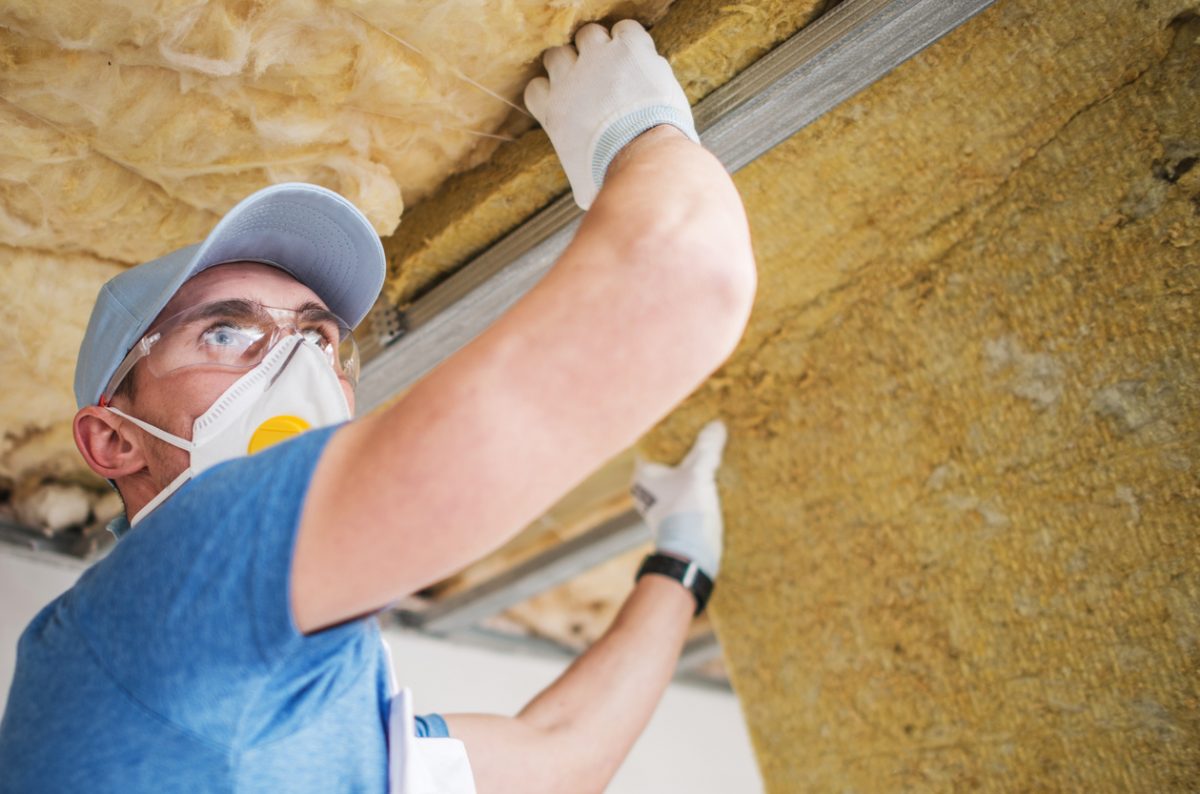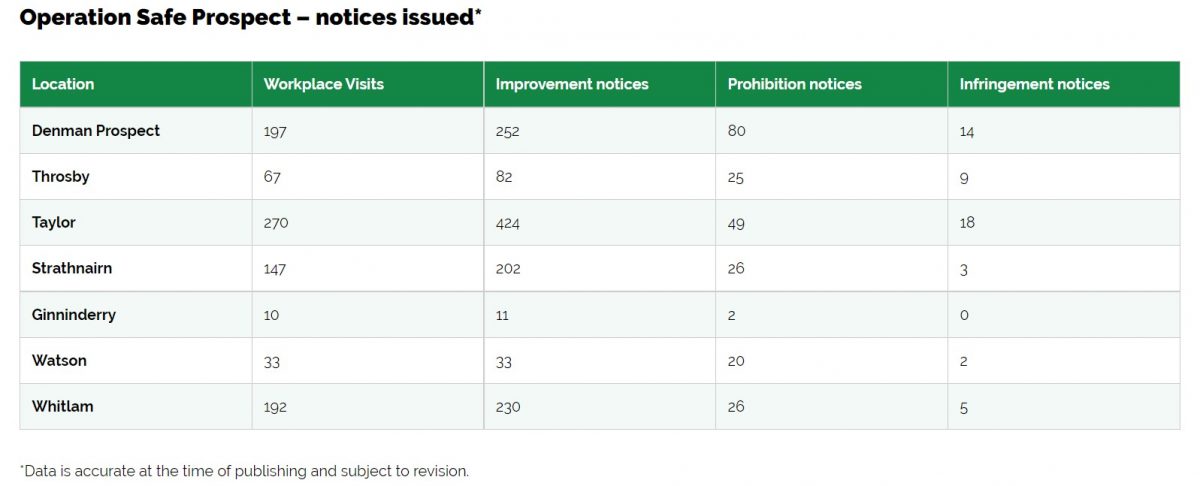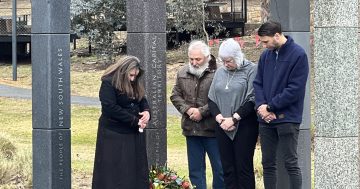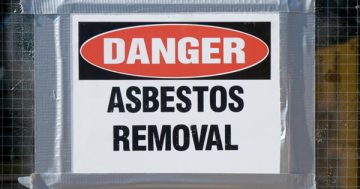
Residential construction companies and builders who put their workers’ safety at risk have been put on notice by WorkSafe ACT. Photo: File.
Builders and construction companies that repeatedly breach workplace safety rules are in the sights of the industry’s regulator.
WorkSafe ACT has visited 1363 residential construction workplaces over the duration of Operation Safe Prospect – and a pattern is emerging with the operators of some sites.
“The same WHS (work, health and safety) breaches are being observed time and time again,” WorkSafe ACT commissioner Jacqueline Agius said.
“This is frustrating, disappointing and dangerous.”
Operation Safe Prospect began in 2020 following the deaths of two workers in the industry in January and February that year.
Ms Agius said the same types of site security, worker amenities and fall risk breaches kept being discovered.
“All construction sites should have a fence that can be locked to prevent people entering,” she said.
“Sites need clean toilets, somewhere for workers to wash their hands, somewhere to eat lunch – some don’t have appropriate facilities.
“We keep seeing inadequate or poorly built scaffolding, no barriers from one level to the next – this all poses a serious fall risk.”
Carpenter Thomas Magi died after he fell six metres at a Denman Prospect site in February 2020.
Ms Agius is frustrated some in the industry aren’t getting the message that “safety is everyone’s business”.
“Some of it is because they don’t want to spend the money, or they cut corners as otherwise it takes too much time,” she said.
“But other builders aren’t aware of their safety obligations, some people are getting into the property market to make money but don’t have construction in their bones.”
She said builders and construction companies that were part of associations or in a union were more aware of their safety obligations.
“But people not in those associations are not making safety their business,” Ms Agius said.
WorkSafe ACT will crack down further on repeat offenders who breach workplace safety laws as part of its residential construction strategy to be launched in June.
Those choosing a home builder have also been urged to become more educated about what safety standards should be in place.
Ms Agius said residents needed to consider a builder’s qualifications when hiring them, and their attitude towards site safety.
“Choosing a builder is one of the most important decisions a person makes,” she said.
“As well as thinking about what your house will look like, the colour of your kitchen, the tiles in your bathroom, go that extra mile and ask your builder questions about safety.”
WorkSafe ACT has partnered with the Suburban Land Agency to give land buyers a fact sheet on what safety issues to discuss with their builder. The organisation has plans to partner with other residential groups.
Since Operation Safe Prospect began WorkSafe ACT has issued:
- 1655 improvement notices (aim to remedy minor contraventions of the WHS Act or to prevent a likely contravention from occurring)
- 385 prohibition notices (designed to stop a workplace activity that involves a serious risk to a person’s health or safety emanating from an immediate or imminent exposure to a hazard)
- 92 infringement notices (a fine which is an alternative to prosecution action to an organisation or person who has committed an offence against the WHS, dangerous substances, dangerous goods, or workers’ compensation acts).

Notices issued under Operation Safe Prospect. Photo: WorkSafe ACT.
Seven Canberra suburbs have been particularly targeted due to the high volume of residential construction activity.
Taylor has had the most workplace visits (270), infringement notices (18) and prohibition notices (424) issued.
The most improvement notices (252) have been issued to sites at Denman Prospect.
Residents who feel their builder may be putting workers at risk can contact WorkSafe ACT on 6207 3000 or after hours on 0419 120 028.




















